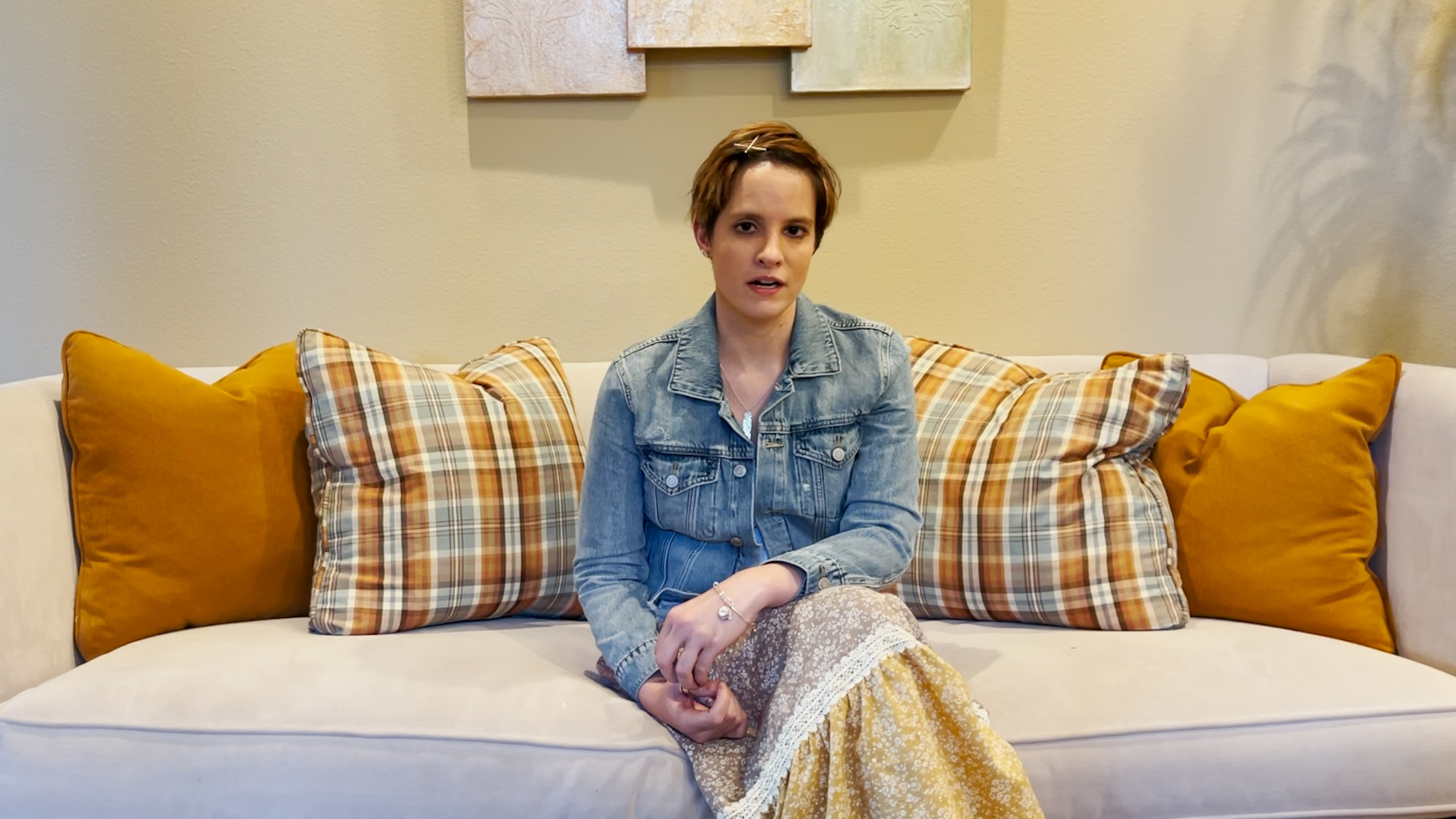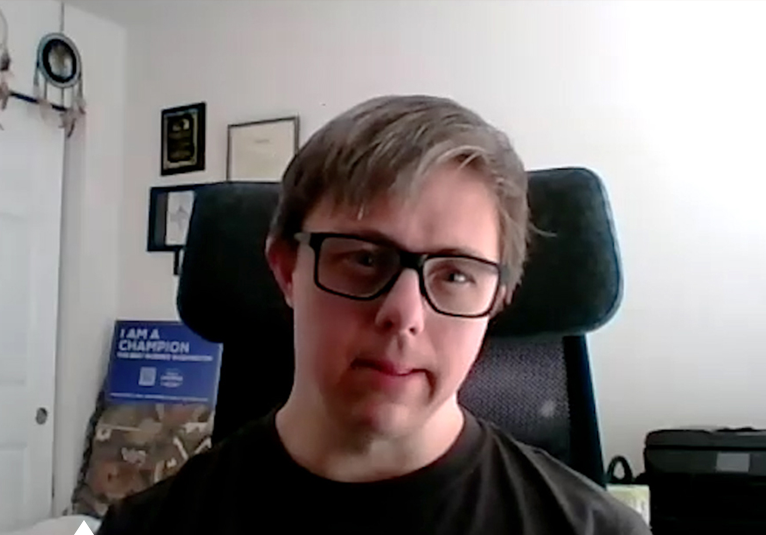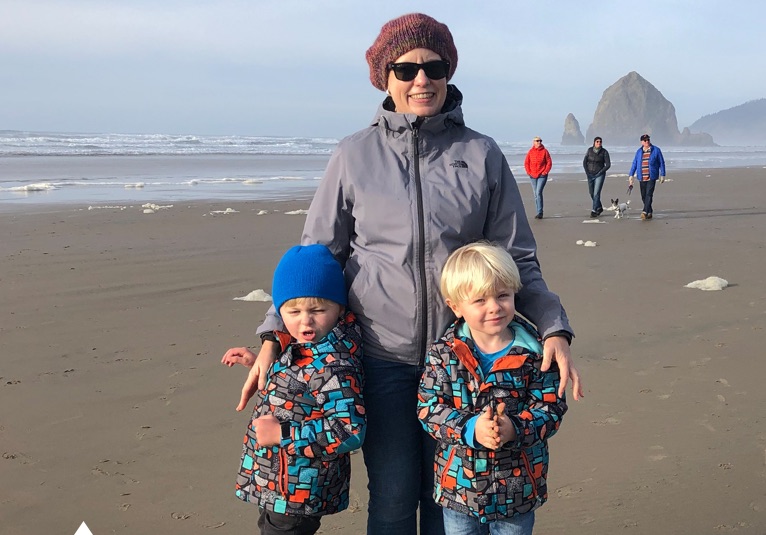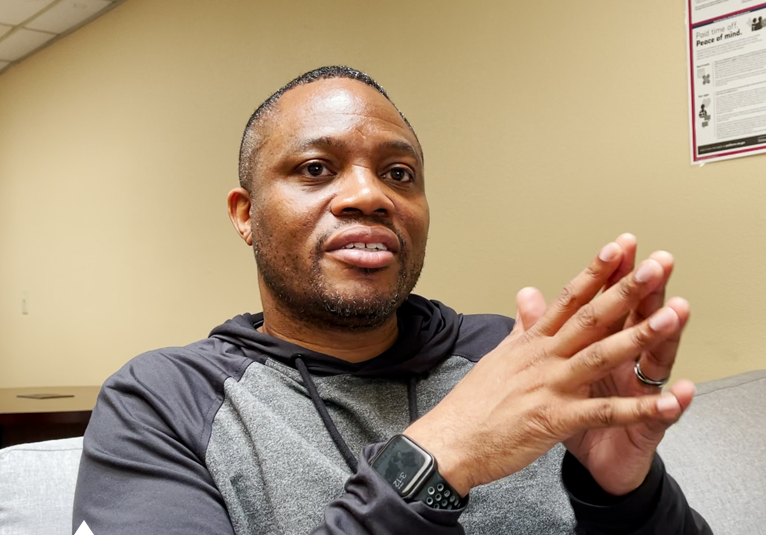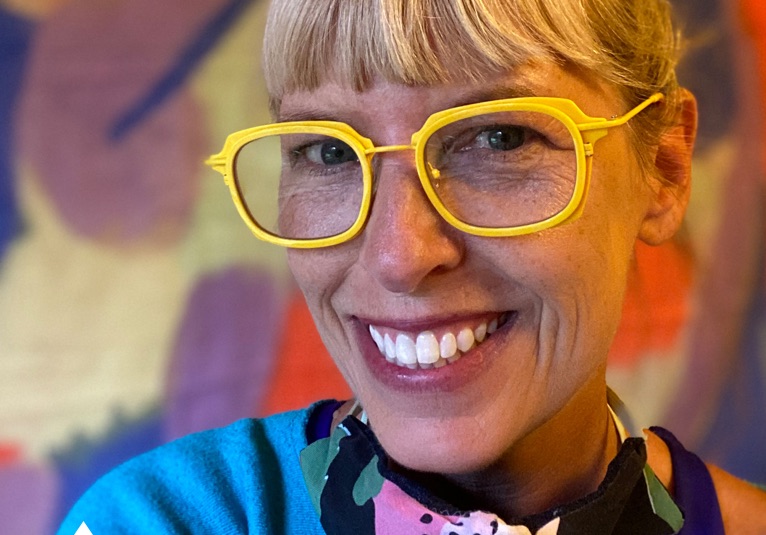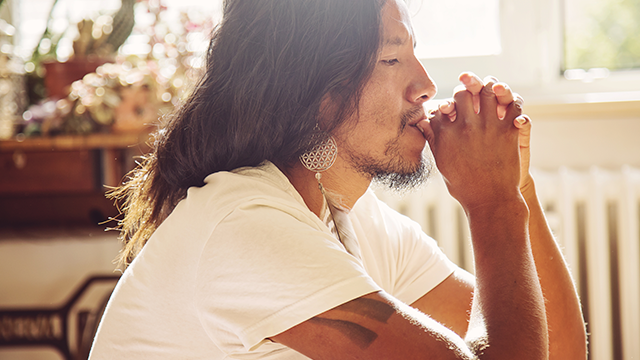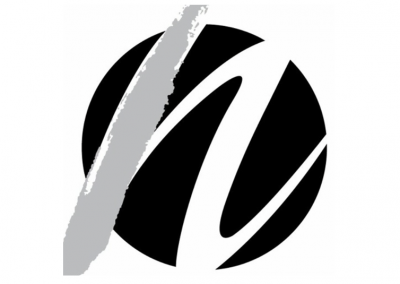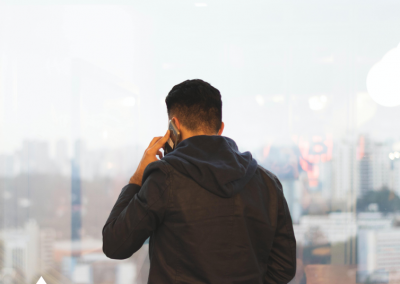Lizzie C There is Power in Asking for Help
I think the best piece of advice I could offer to somebody who’s considering suicide – not just professionally, but personally – is there’s a lot of power in asking for help, to realize how you’re not alone. Sometimes that first step of reaching out is the scariest and the hardest. But, once you’re able to be vulnerable and you’re able to ask for help and you’re able to look at things that you can do to support yourself through this time, you find there’s usually a lot of support. And if you don’t find support in the first place, reach out to another because it is there. It is available.
In reaching out for services and support, I suggest some of the hotlines (Suicide Prevention Lifeline 1.800.273.8255) or some of the tech services (text “HOME” to 741 741) that are available for crisis services, the first thing to remember is you don’t have to be at eminent risk or the peak point of crisis to reach out. They talk to people every day, all day. They receive thousands of contacts a day, and it’s for a wide range of issues and concerns. It’s scary to reach out. I think the first thing you can do when you do reach out is, say, I’m a little uncomfortable right now.
If you feel like your needs aren’t being met by that crisis counselor or coordinator that you talk to, ask say, “hey, I’m from the Asian American community. Is there somebody on your staff who I can talk to or who can call me back that will be able to understand these concerns more?” “Or I work in the agricultural industry, and I don’t feel like my concerns around what I’m facing as part of that community are being heard. Do you have somebody on staff who has worked in the agricultural industry and understands the financial concerns that I’m talking about?” It’s okay to ask for that.
The other thing to remember is that those calls are confidential and anonymous, with the exception if you are absolutely at an immediate risk. These people talk every day, all day, and they’re really, really good at what they do. More often than not, they can get you to a place where you’re feeling safe, where you’re feeling supported, where you know about community resources within your area, and they can even call you back and check-in on how things are going and help you get connected to those resources.
It’s a scary first step, but it can really cascade to a lot of really helpful support methods.

